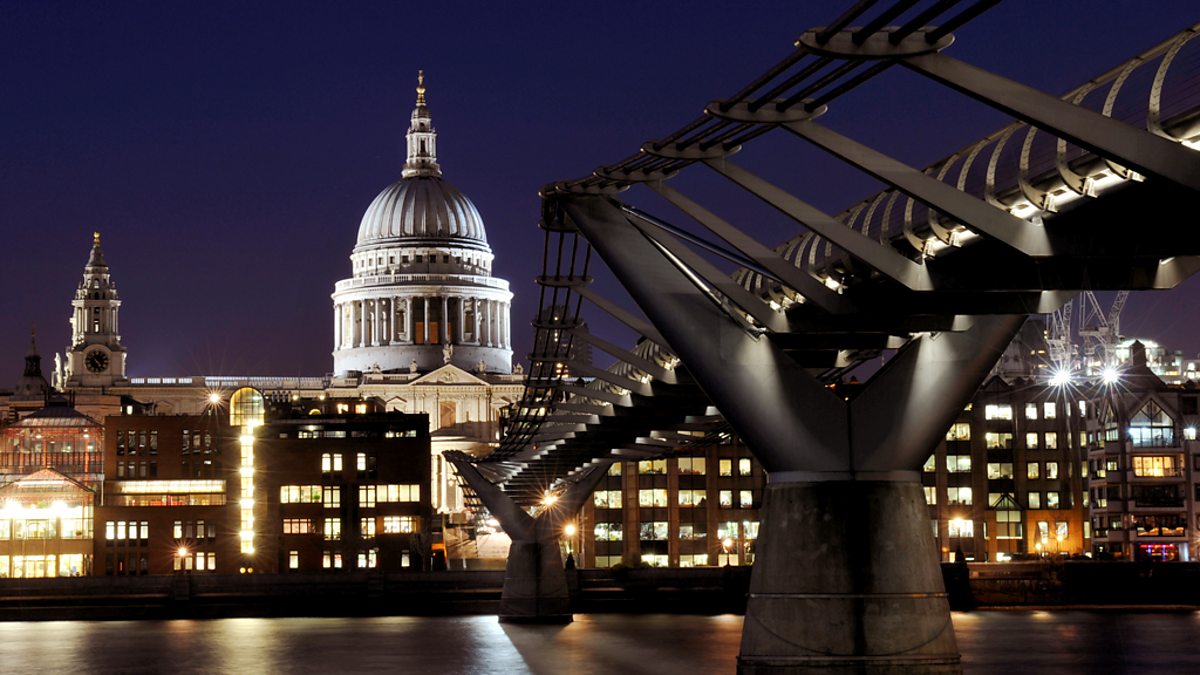The second in a series of programmes presented by leading figures in the choral world. Today, composer Paul Mealor presents his pick of choral music for royal occasions and discusses the challenges of large-scale ceremonies with the director of music at St. Paul's Cathedral, Andrew Carwood. There's a birthday to celebrate too, as Paul marks the 70th of a friend who's been a huge inspiration to him, American choral composer, Morten Lauridsen.
All the music played was IMO beautifully done by, inter alia, St Paul's (with BR!), The Cambridge Singers, Polyphony and the US choir Voce. The Walton Coronation Te Deum had been done in the repeat of CE barely an hour before. Oh well, you can't have too much of a good thing, Draco
Royal music apart, the programme developed into somethig of a Lauridsen-fest...if the word 'fest' can apply to such morbid stuff. In the full version of Lux Aeterna I just found myself wondering how anyone could continue repeating the same chord progressions and melodic tics throughout a lifetime. But I know lots of people love it.
Anyway, the programme is very much worth a listen on i-player...
...but have your hanky ready when Paul talks to Morten.
All the music played was IMO beautifully done by, inter alia, St Paul's (with BR!), The Cambridge Singers, Polyphony and the US choir Voce. The Walton Coronation Te Deum had been done in the repeat of CE barely an hour before. Oh well, you can't have too much of a good thing, Draco

Royal music apart, the programme developed into somethig of a Lauridsen-fest...if the word 'fest' can apply to such morbid stuff. In the full version of Lux Aeterna I just found myself wondering how anyone could continue repeating the same chord progressions and melodic tics throughout a lifetime. But I know lots of people love it.
Anyway, the programme is very much worth a listen on i-player...
...but have your hanky ready when Paul talks to Morten.


Comment